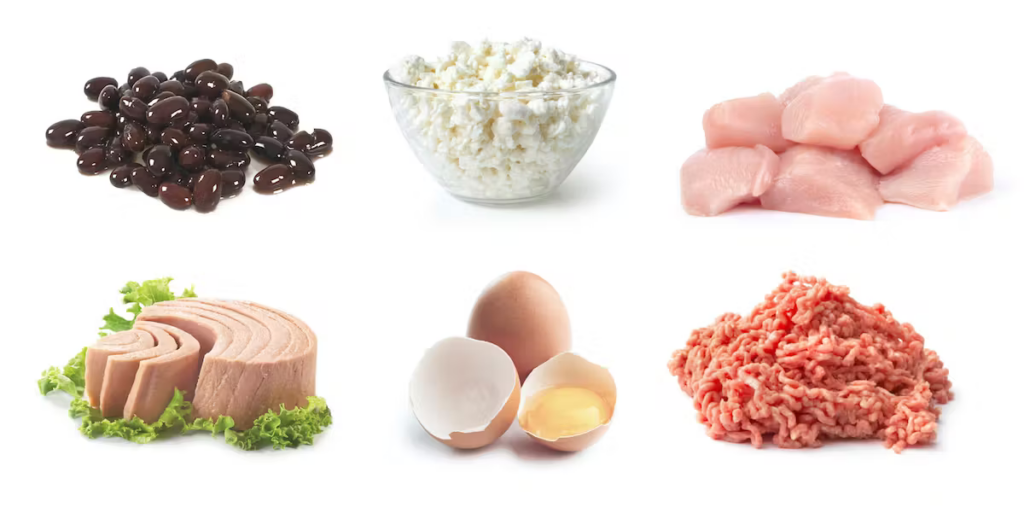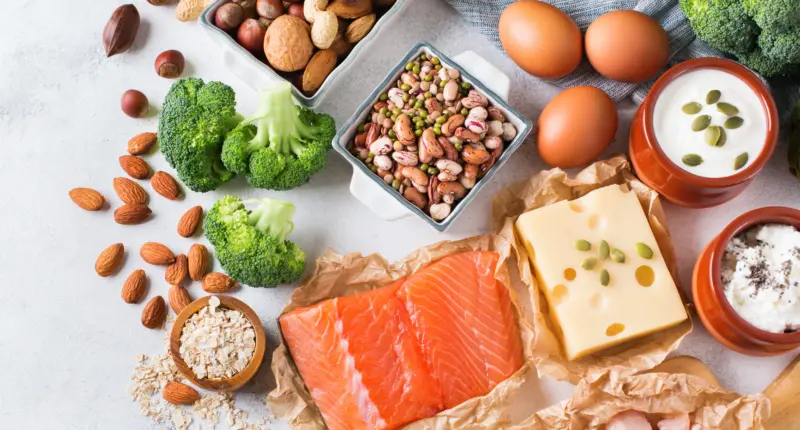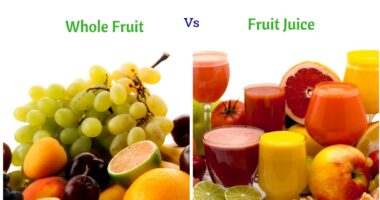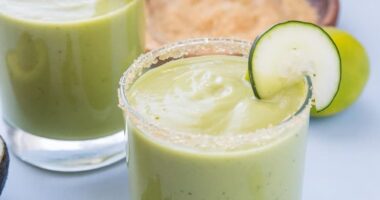Introduction
Protein foods your body needs ;- Protein is a crucial nutrient that our bodies need to function at their best. Whether you’re an athlete, a busy professional, or simply looking to improve your overall health, protein plays a vital role in maintaining muscle mass, supporting healthy bones and tissues, aiding in metabolism and digestion, and more. But with so many sources of protein out there – from meat and dairy to plant-based options – it can be tough to know which foods are the best for your body. That’s why we’ve put together this guide on important protein food sources your body needs. So sit back, relax (with some snacks), and read on!

Protein foods your body needs: What is protein and why do we need it?
Protein is one of the essential macronutrients that our body requires to function properly. It is made up of amino acids, which are like building blocks for our muscles, bones, skin, hair and other tissues in the body.
Protein plays a crucial role in repairing and maintaining these tissues. It also helps transport nutrients throughout the body and supports various metabolic functions.
Our bodies cannot produce all the amino acids required for optimal health on their own. Hence it is vital to consume adequate levels of protein through diet to meet those requirements.
Protein intake becomes even more critical if you’re an athlete or physically active as exercise can cause muscle damage and breakdown which needs repair with protein.
Moreover, consuming adequate protein can help reduce hunger pangs by keeping us feeling fuller for longer periods. This effect makes it easier to maintain a calorie deficit when trying to lose weight.
Protein serves many important roles in our bodies beyond just being a nutrient source. Therefore ensuring enough daily consumption is essential for good overall health.
Protein foods your body needs: Different types of protein
Protein is a macronutrient that plays an essential role in the human body. It is made up of amino acids, which are the building blocks of protein. There are different types of proteins, each with unique chemical structures and functions.
The first type of protein is complete protein, which contains all nine essential amino acids required by our bodies. Examples include meat, poultry, fish, dairy products like cheese and milk, quinoa and soybeans.
Incomplete proteins do not contain all nine essential amino acids but can be combined with other incomplete proteins to form a complete source. Legumes like beans and lentils fall into this category.
Another type of protein is whey protein, commonly found in dairy products like milk or yogurt. It’s also popular as a dietary supplement for athletes to help build muscle mass.
Plant-based sources such as pea protein powder or hemp seeds have become increasingly popular among vegetarians and vegans looking to increase their daily intake without consuming animal products.
In summary, understanding the different types of proteins available can help you make better food choices that will provide your body with the necessary nutrients it needs to function optimally.
Protein Foods Your Body: Best Food Sources Of Protein
Protein is an essential macronutrient that plays a crucial role in building and repairing tissues, making enzymes, hormones, and other body chemicals. While meat may be the most popular source of protein in our diets, it’s not the only one. There are plenty of plant-based sources of protein that can provide all the amino acids your body needs.
One of the best food sources for vegetarians and vegans includes legumes such as lentils, chickpeas, black beans, kidney beans which contain about 15 grams per cup when cooked. They’re also packed with fiber and various other nutrients.
Nuts are another great source of protein that provides healthy fats along with it. Almonds have six grams of protein per ounce while pistachios pack around five grams per ounce.

Eggs are considered to be a complete source of proteins as they contain all nine essential amino acids needed by the human body. One large egg contains 6 grams which makes them an ideal breakfast option.
If you’re looking to boost your daily dose of proteins without adding too many calories then Greek yogurt could be a good choice for you! It has twice as much protein than regular yogurt – around 17-20 gms/cup!
To wrap up this section on best food sources – some other options include tuna fish (22 gm/100gm), chicken breast(31gm/100gm) turkey(29gm/100gm) quinoa(8gms/cup).
How much protein do we need?
Protein is an essential nutrient that our body needs to build and repair tissues, as well as produce enzymes and hormones. The amount of protein you need depends on various factors such as age, sex, weight, physical activity level, and health status.
According to the Recommended Dietary Allowance (RDA), adults should consume at least 0.8 grams of protein per kilogram of body weight per day. However, athletes or people who engage in intense physical activities may need more protein to support muscle growth and recovery.
It’s also important to note that not all proteins are created equal. Animal-based proteins like meat, poultry, fish, eggs and dairy products contain all nine essential amino acids needed for proper bodily function. Plant-based sources like legumes, nuts and seeds can provide adequate amounts of protein but may lack some essential amino acids.
If you’re having trouble meeting your daily protein requirement through whole foods alone then a high-quality protein supplement can be added into your diet. Just make sure it’s from a reputable source with minimal additives or fillers.
In conclusion – knowing how much protein you need is crucial for maintaining optimal health and preventing deficiencies. Aim for a variety of whole food sources while considering individual needs based on lifestyle factors when choosing what types of proteins will work best for you!
The benefits of protein
Protein is an essential macronutrient that plays a crucial role in maintaining good health. It provides the necessary building blocks for the growth and repair of tissues, muscles, bones, and organs. Additionally, protein also helps to regulate hormones and enzymes in our body.
One significant benefit of consuming enough protein is weight management. Protein can help you feel full for longer periods than carbohydrates or fats, which may lead to consuming fewer calories throughout the day. This can contribute to weight loss or maintenance over time.
Another advantage of protein is its ability to support muscle development and strength. Amino acids found in proteins are important for repairing damaged muscle fibers after exercise, leading to increased muscle mass when paired with consistent workouts.
Protein is also known for boosting immune function by providing antibodies that defend against harmful bacteria and viruses. Several studies show that high-quality protein sources like eggs, fish or chicken have been shown to improve immune function and help ward off infections.
Finally, protein can also help to keep your skin looking healthy and youthful. It is essential for producing collagen, a substance that keeps skin elastic and wrinkle-free.
Adequate amounts of dietary protein intake have been linked with improved bone health due to its essential amino acid content required during bone tissue formation.
There are many benefits provided through regular consumption of quality protein foods such as meat , dairy products , legumes & soy .

Conclusion
To sum up, protein is an essential macronutrient that our bodies need to function properly. It helps in building and repairing tissues, making hormones and enzymes, and supporting the immune system. There are different types of protein sources available like animal-based proteins such as meat, dairy products, poultry, fish etc., while plant-based sources include beans, legumes, nuts & seeds. Incorporating a variety of these foods into your diet can ensure that you get all the benefits of this vital nutrient.
It’s important to remember that everyone’s dietary needs are unique based on factors like age, weight or level of physical activity. Therefore it’s always best to consult with a healthcare professional or registered nutritionist for advice on how much protein should be included in your daily diet.
So next time when you plan your meals make sure they contain appropriate amounts of quality proteins from various food groups for optimal health benefits!









